Three ways ex-CDC chief says that Trump team is sidelining science
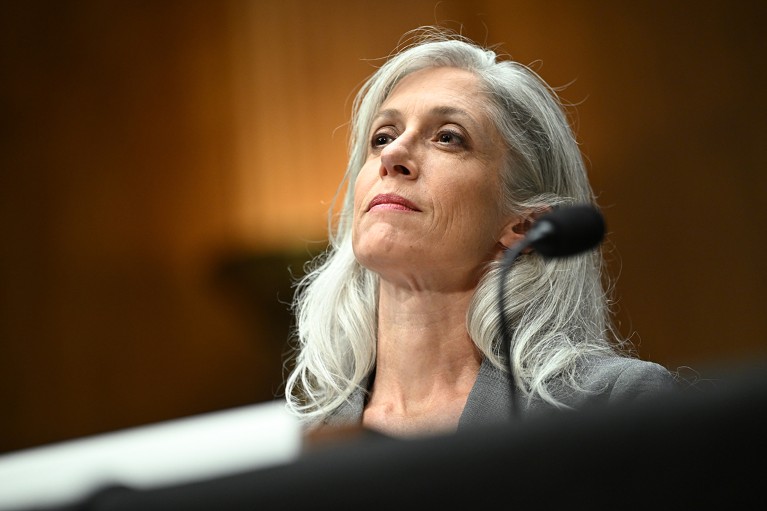
Former director of the US Centers for Disease Control and Prevention Susan Monarez testified before the Senate on 17 September about her firing.Credit: Graeme Sloan/Bloomberg via Getty
Two former top scientists at the US Centers for Disease Control and Prevention (CDC) — including one who was fired as director — told a US Senate committee today that they were dismissed because they refused to approve decisions handed down by political appointees without grounding in scientific evidence.
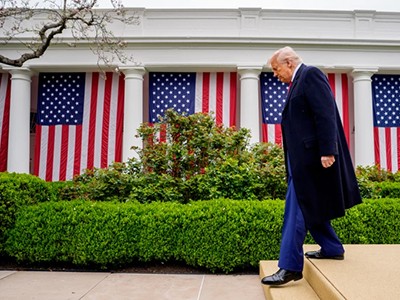
Susan Monarez, who served as CDC director for just 29 days under Republican President Donald Trump, told the committee that US health secretary Robert F. Kennedy Jr demanded she take actions that would not improve the health of people in the United States.
“I was fired for holding the line on scientific integrity,” she said. “The stakes are not theoretical — we have already seen the largest [US] measles outbreak in more than 30 years, which claimed the lives of two children.”
During the nearly three-hour hearing, Monarez and Debra Houry, who resigned as the agency’s chief medical officer when Monarez was fired in late August, were praised by Democratic senators for speaking out. Some Republican senators, meanwhile, portrayed Monarez as untrustworthy and out-of-step with Trump’s and Kennedy’s priorities.
Here, Nature outlines three key ways that the former public-health officials said science is being set aside at the CDC in favour of politics.
Pre-approving vaccine changes
A panel of advisers will meet starting tomorrow to review how and when children should be given already-established vaccines for COVID-19, hepatitis B and more. Kennedy, an anti-vaccine advocate, fired all 17 members of the panel in June and replaced them with a new, handpicked slate that included some who have questioned the safety of immunization publicly.
Monarez testified that Kennedy told her there would be changes coming in September to the ‘schedule’ of vaccines recommended for children, and that if she wanted to keep her job, she was expected to accept the forthcoming votes from the panel. (The CDC director has the ultimate say over any recommendations made by the panel.) Monarez said she would want to see the data justifying their recommendations rather than blindly approving them.
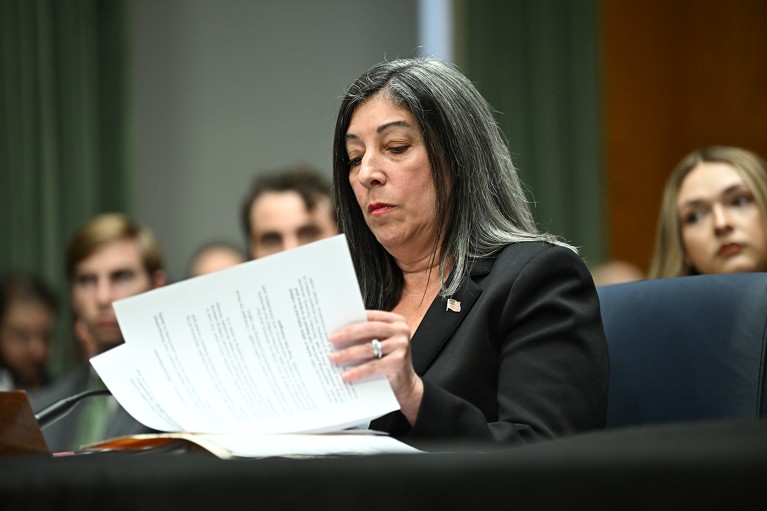
Debra Houry resigned as chief medical officer at the CDC on the same day that Monarez was fired.Credit: Graeme Sloan/Bloomberg via Getty
Her concerns with Kennedy’s ultimatum were so grave that she contacted the chairman of the Senate committee charged with overseeing the CDC: Bill Cassidy, a Republican from Louisiana. Kennedy felt betrayed that she had taken her concerns to the US Congress, telling her never to do it again and calling Monarez untrustworthy, she testified. According to her testimony, she told him that if he felt he could not trust her, he should fire her.
Kennedy gave an alternative version of events at a hearing on 4 September, saying he fired her because she responded “no” when he asked whether she was a “trustworthy person”. Emily Hilliard, a spokesperson for Kennedy’s agency, the Department of Health and Human Services (HHS), says Monarez “acted maliciously to undermine the President’s agenda and was fired as a result” — a claim that Monarez disputed at today’s hearing.
Sidelining agency scientists and data
Kennedy announced on 27 May that COVID-19 vaccines would no longer be recommended for healthy children and pregnant women in a video on the social-media platform X. The health secretary, who has said many times that COVID-19 vaccines are dangerous without providing evidence, never consulted Houry or other top agency officials before making the announcement, she testified.
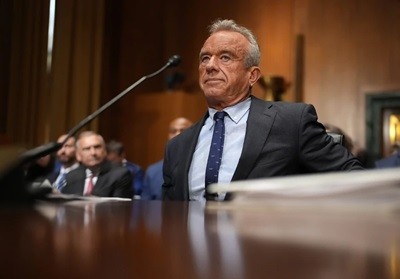
Patty Murray, a Democratic senator from Washington state, said she was shocked by this testimony. “It’s unthinkable that the chief medical officer at the CDC was left in the dark about such a consequential public-health decision that affected real people,” she said.
Monarez also testified that in August, Kennedy directed her to speak only with the agency’s political appointees — not career scientists, who are government employees hired for their expertise. She added that any policy decisions had to first be vetted by political appointees in Kennedy’s office, mirroring a 7 August order by Trump that strips power from career staff members in favour of employees chosen by the administration.
After the hearing, Houry told Nature about her discomfort with the situation: “The CDC director should be given autonomy on how to lead the agency.”
Meanwhile, career scientists such as Houry tried repeatedly to brief Kennedy on public-health matters and to correct false statements he’d been making in public, she testified, but his office never replied to these communications.
Enabling a culture of fear
About a week after Monarez took over as CDC director, on 8 August, a gunman fired more than 500 rounds at the CDC headquarters in Atlanta, Georgia, killing one police officer and shattering more than 150 windows. The shooter targeted the campus to protest COVID-19 vaccines, leading hundreds of current and former HHS employees to write a letter to Kennedy and to Congress, urging policymakers to acknowledge that the Trump administration’s anti-vaccine rhetoric contributed to the shooting.
This incident has led some staff members to fear listing themselves as authors on scientific reports that they publish about vaccines, Houry testified. Since the shooting, Kennedy’s language on vaccines has not changed: he allegedly told Monarez in late August that “CDC employees were killing children and they don’t care”, were “bought by the pharmaceutical industry” and “forced people to wear masks and social distance, like a dictatorship”, she testified.
What’s next?
All eyes are now on Cassidy, who was a physician for decades before running for public office and who cast a key vote to confirm Kennedy as US health secretary. In advance of tomorrow’s vaccine adviser meeting, he warned against discontinuing the hepatitis B vaccine for infants — something the panelists are expected to weigh in on. Cassidy added that the number of newborns infected with the virus has fallen considerably since they started receiving the shot regularly in the 1990s.
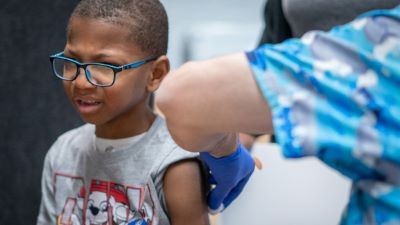
“That is an accomplishment to Make America Healthy Again,” Cassidy said, referencing Kennedy’s health campaign. “And we should stand up and salute the people that made that decision, because there’s people who would otherwise be dead if those mothers were not given that option to have their child vaccinated.”
Asked whether people should trust the reconstituted vaccine panel if they recommend changes to the childhood vaccine schedule, Cassidy answered with a flat “no”, according to The New York Times.
He plans to invite Kennedy to testify again and rebut Monarez’s claims. In the meantime, “we really need physicians and scientists to raise their voices” at a time when radical transparency and gold-standard science are not happening at the CDC, Houry told Nature.
doi: https://doi.org/10.1038/d41586-025-03014-7
Comments
Post a Comment